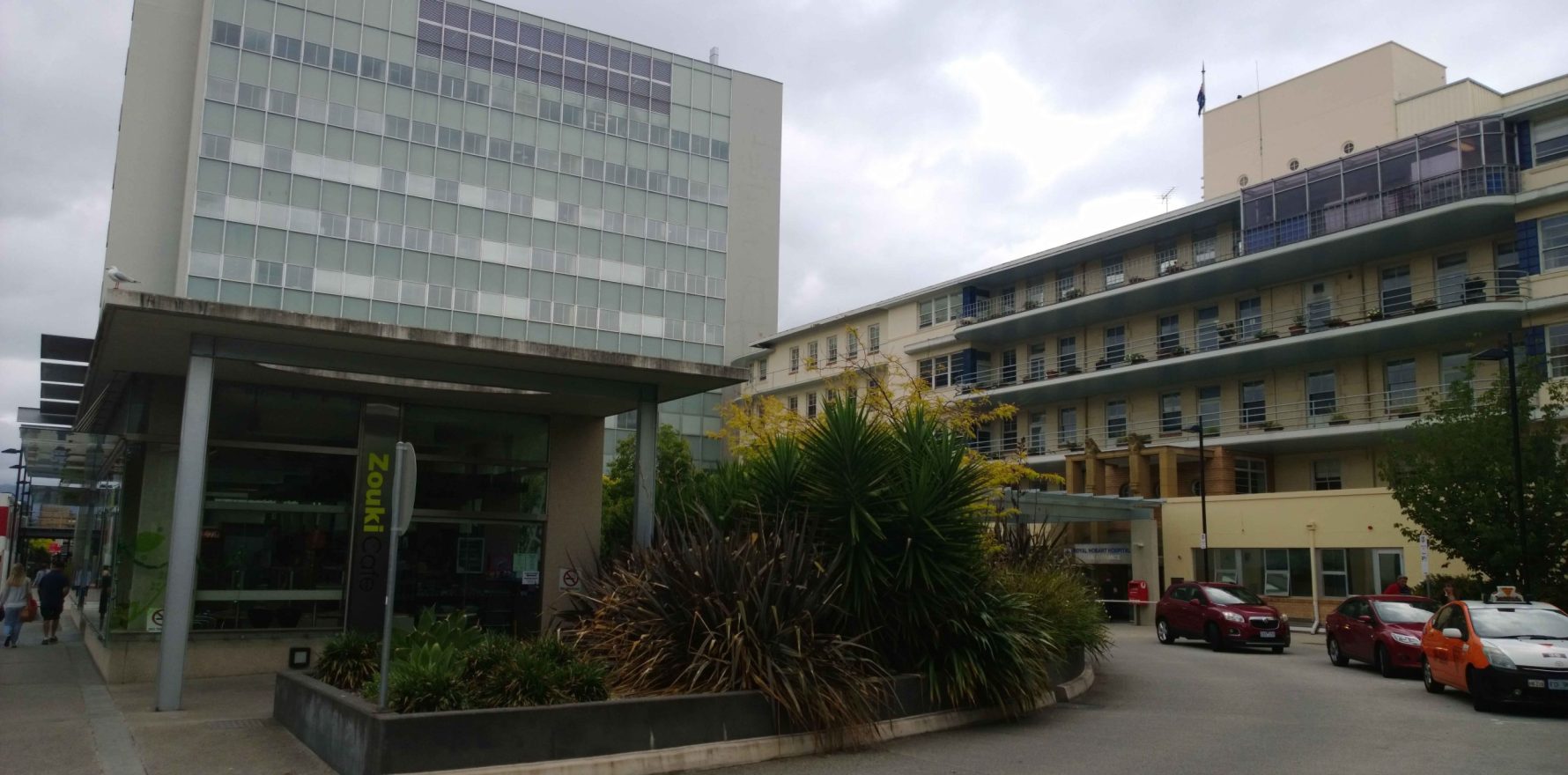Tasmania’s health minister says the new 60-minute ramping protocol is working well. Patients trying to reorganise cancelled surgeries beg to differ.
The Tasmanian government has employed a tried-and-true distraction technique to divert attention from media reports of 51 people being unable to get a bed in Royal Hobart Hospital, resulting in cancelled surgeries.
AMA Tasmania’s spokesperson Dr Michael Lumsden-Steel said in an ABC report that “at midday on Tuesday, 51 people who needed beds in the Royal Hobart Hospital were unable to get one, with elective surgery cancellations the only lever available for doctors to ease demand”.
“We know that patients that should have been having open-heart surgery and bypass surgery haven’t been able to have their surgery because there’s no ICU capacity in the Royal Hobart Hospital,” Dr Lumsden-Steel was quoted as saying.
“Every time those patients have their surgery scheduled, people are stuffed around. And we’re the ones that have to talk to them on a daily basis and apologise, and we cop the blame and we accept that they’re just letting out their frustrations, but we feel for the patients.
“We’re not alone in this but we need to have serious conversations about fixing it.
“We’re getting fed up with having the same problem every year and it’s not even flu season.”
Today Tasmanian health minister Guy Barnett addressed the extreme case of bed block by issuing a statement about the success of the state’s 60-minute transfer of care protocols announced back in February and implemented in March.
The protocol mandates a maximum 60-minute wait for all patients arriving by ambulance to be transferred to the care of emergency department staff. Paramedics will work with emergency department staff to commence handover of patients approaching the 60-minute deadline, including completion of relevant patient documentation.
The protocol, Mr Barnett said today was “already showing positive results”.
“We are seeing positive results across the state as we implement this new protocol, with hospitals in the north and north west both performing particularly well and on target,” he said.
“In the south, despite experiencing significant pressures at the Royal, the protocol has improved the capacity in our health system.
“We have been working closely with our healthcare workers, Ambulance Tasmania, the unions and our departments to ensure that the implementation of this protocol is done in a considered, strategic way, and does not compromise the healthcare of Tasmanians.”
The paramedics are happy, because they don’t have to sit at the hospital for longer than hour, but is it freeing up beds in ED or further up the hospital?
Mr Barnett didn’t offer any data on that.
Meanwhile, Dr Lumsden-Steel told the ABC there wasn’t any time to waste.
“We simply don’t have the capacity that the Tasmanian population requires in 2024 and we should be making urgent measures to actually name up-front what the deficiencies are, and let’s get a plan to get there and achieve an outcome,” he said.
“And we should be trying to get there within two to three years. We need to be building our new hospital, our new subacute hospitals and new beds now.”



